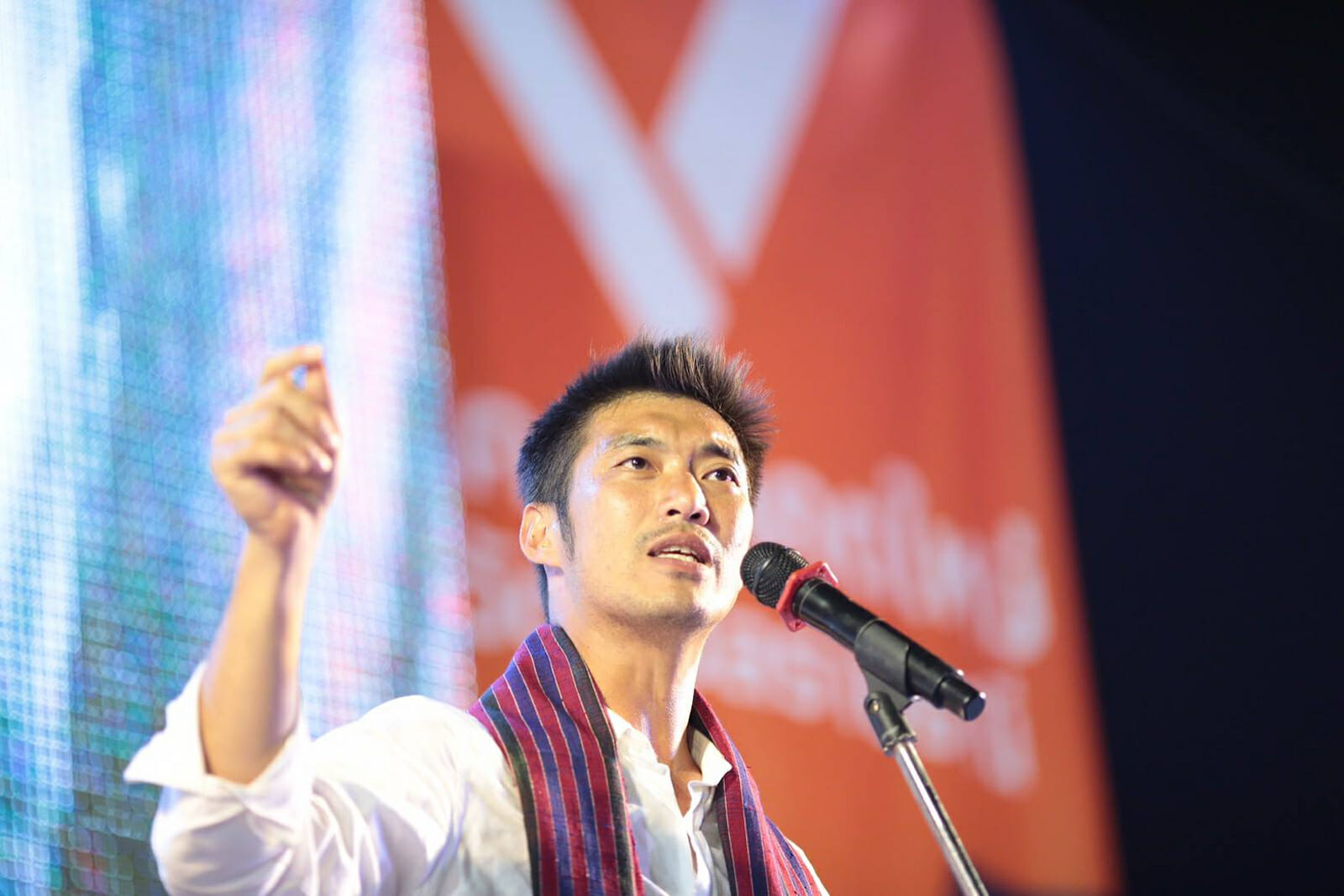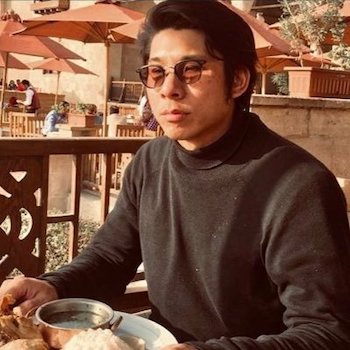
How Far will Thailand’s Junta Go to Bend the Rules?
As the May 9th deadline for Thailand’s Election Commission (EC) to announce official election results nears, it has become apparent that the military junta is not going to give up without a fight. Even as the election officials are investigating alleged voting irregularities, there appears to be worrying traces of foul play that reinforce the public’s suspicion of attempts to bend the outcomes in favor of the Palang Pracharat Party (PPRP), the biggest pro-military party that supports keeping General Prayut Chan-o-Cha as the country’s prime minister.
While the junta created a structure of contestation that some say benefits the PPRP, partial election results show that despite winning the largest share of popular votes, the pro-military party remains far from capturing a large enough parliamentary plurality on its own. The electoral stalemate between pro-junta and anti-junta forces has produced three plausible strategic sequences that signals the junta’s attempts to bend electoral outcomes in its favor. These sequences seem to be staked on the strategies of diversion, delay, and de-mobilization.
Diversion
Anti-junta parties wasted little time in forming an alliance, together claiming victory based on a combined parliamentary majority. However, their decision to stake a claim on the right to form the government did not sway the junta. Responding in kind, Deputy Prime Minister Prawit Wongsuwan reminded the parties that the EC has yet to announce the official results.
Diverting attention to the EC arguably helps the junta foster a semblance of democratic legitimacy while maintaining control over the post-election process. It benefits from legitimacy gained from a seemingly independent authority without having to commit egregious rights abuses or openly stealing elections – violations that would likely provoke massive protest or international repudiation. After all, members of the commission are appointed by the junta’s handpicked National Legislative Assembly, which questions their ability to act independently.
Delay
The EC has dragged its feet on the question of how to distribute party-list seats. On April 11, just over three weeks after the election, the commission deferred to the Constitutional Court’s assessment in that regard. Critics argue that the commission’s revised formula is unconstitutional.
In the event that the court rules in favor of the proposal, a number of small parties with votes lower than the average vote would receive one party seat. This design implies a logic of authoritarian bargain that of maximizing the numbers of the junta’s allies in the lower house. In exchange for their support, these representatives might be offered valuable benefits such as key governmental posts and grants.
De-mobilization
On April 3, Thanathorn Juangroongruangkit, the charismatic frontman of the progressive Future Forward Party (FFP) was charged with sedition and other offenses stemming from his alleged support for a group of anti-junta student activists in June 2015. Coming on the heels of Thanathorn’s plight, FFP’s Secretary-General Piyabutr Saengkanokkul, was also slapped with charges related to his statement on the Constitutional Court’s decision to disband the Thai Raksa Chart Party.
During the pre-election period, it was often politicians from Pheu Thai, a party widely seen as a proxy party of the ousted Prime Minister of Thaksin Shinawatra, who seem to bear the brunt of the junta’s coercive tactics. The sudden changing of gears to replace Pheu Thai with FFP as the punching bag could be likened to the twin aspects of the latter’s surprising electoral performance and its unwavering anti-junta platform.
Founded just almost a year before the election, FFP became a youth sensation after campaigning vigorously on ending military meddling in politics. With 6.27 million popular votes (17.63%), FFP finished third – below PPRP (8.43 million, 23.73%) and Pheu Thai (7.92 million, 22.29%). Staying true to its campaign promises, FFP was one of the parties that teamed up with Pheu Thai in staking a claim on forming the government.
With already 30 constituency seats in its pocket and poised to gain more from party-list allocations, FFP emerges as a challenge to PPRP’s ability to form a coalition as parties prepare to fight tooth and nail in the upcoming by-elections in reportedly six polling stations (and potentially more). The tactic of trying to paint Thanathorn as a felon ahead of additional rounds of voting suggests that the junta seeks to weaken voters’ trust in the party. After all, theories on “leadership decapitation” posit that the elimination of a charismatic leader who can appeal to social norms and networks would take the momentum out of collective participation.
The path out of the electoral stalemate is fraught with uncertainty as the junta could shift strategies in trying to peel off votes from its opposition. However, existing traces of possible manipulation allude to a woeful ending of a chapter in which Thailand emerges out of the post-coup era with merely the trappings and not the substance of democracy.

